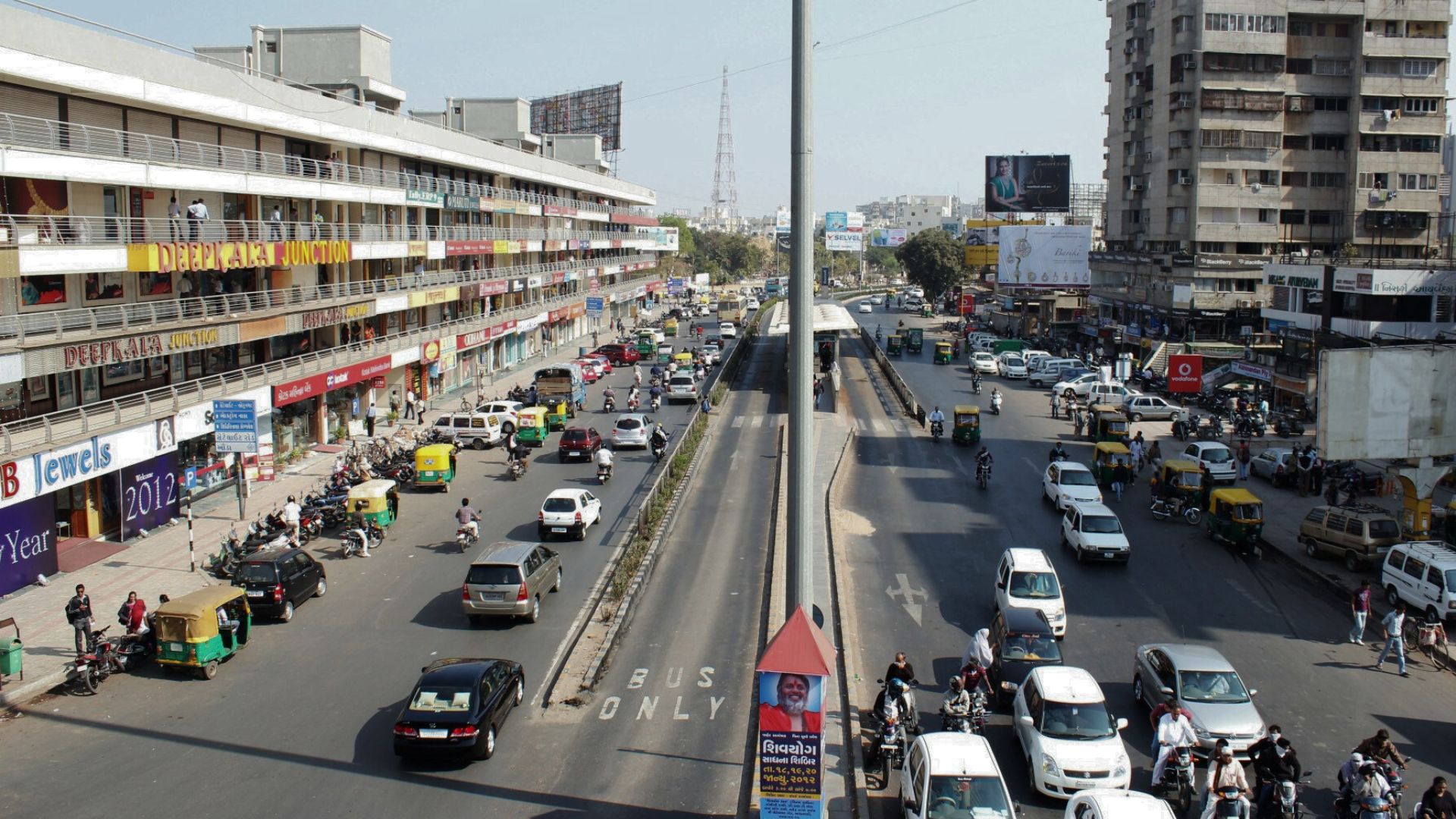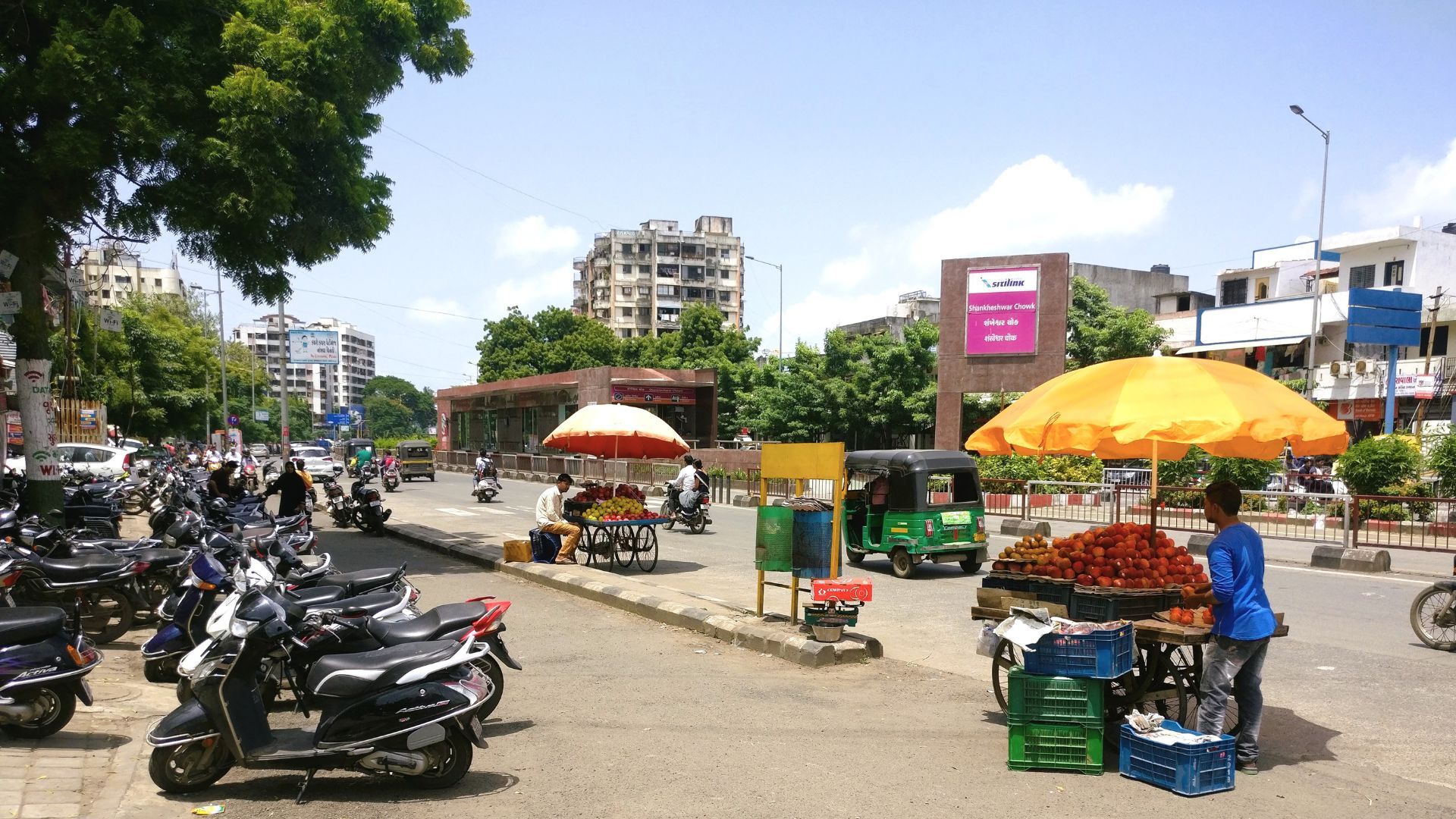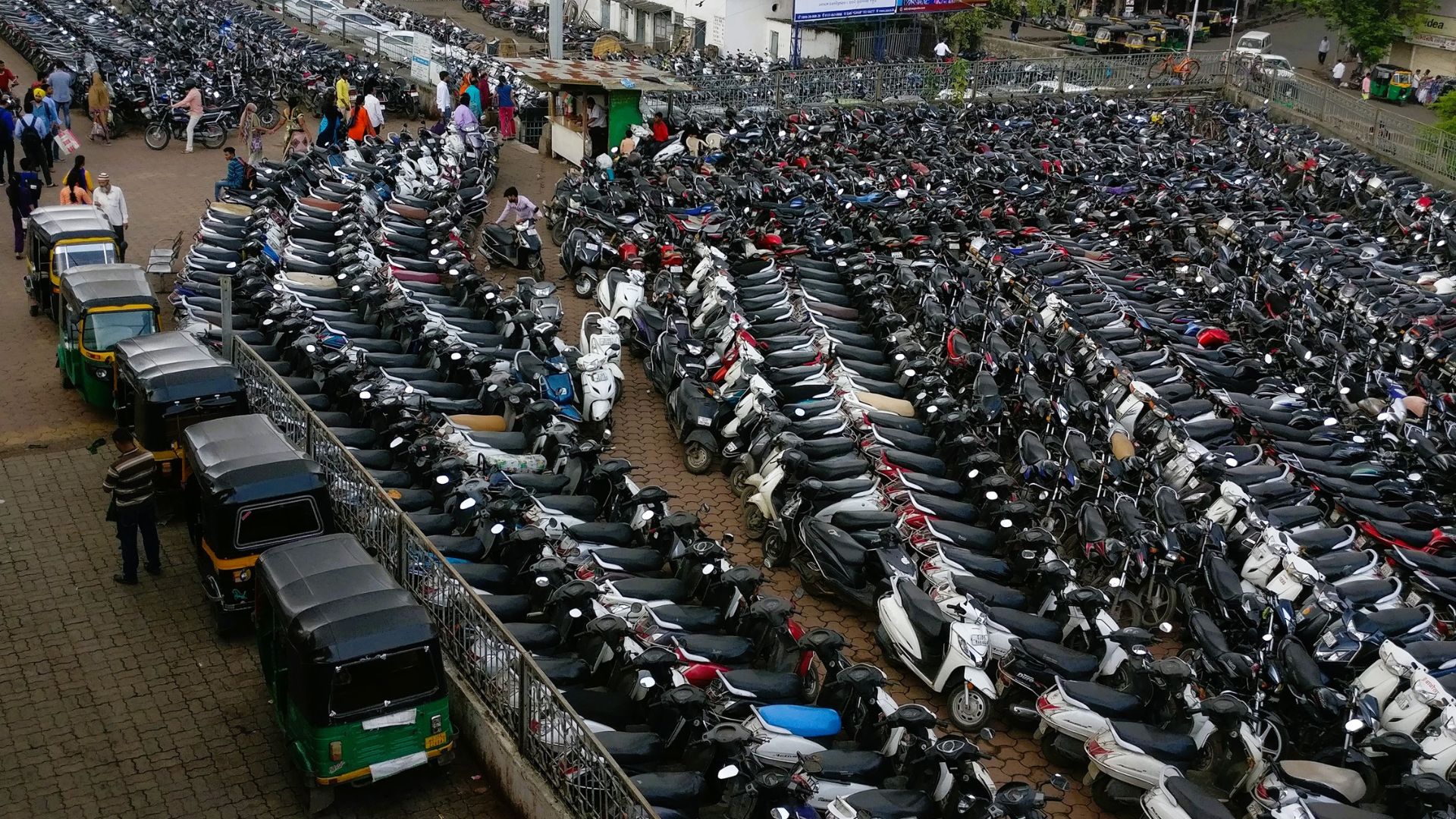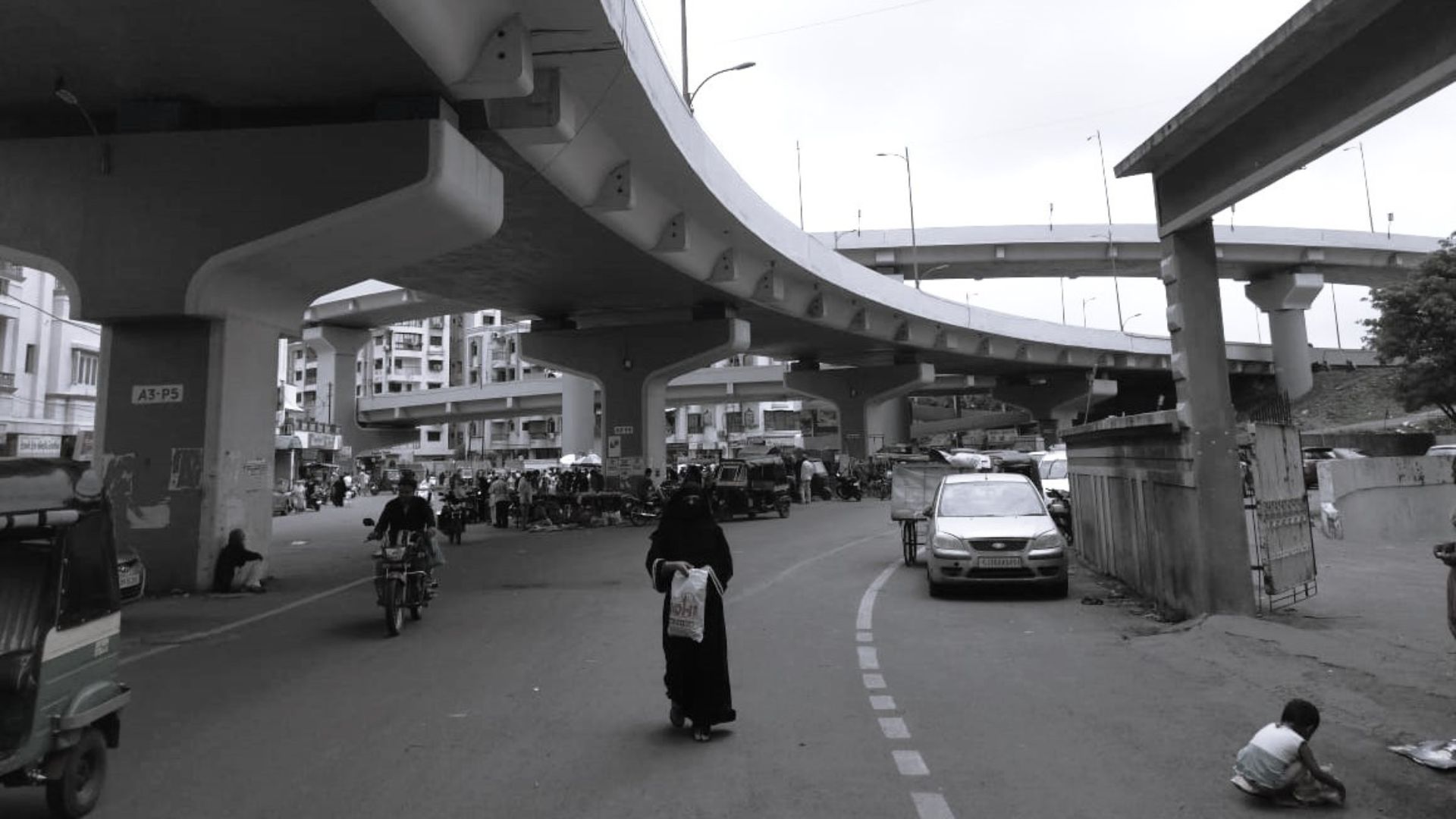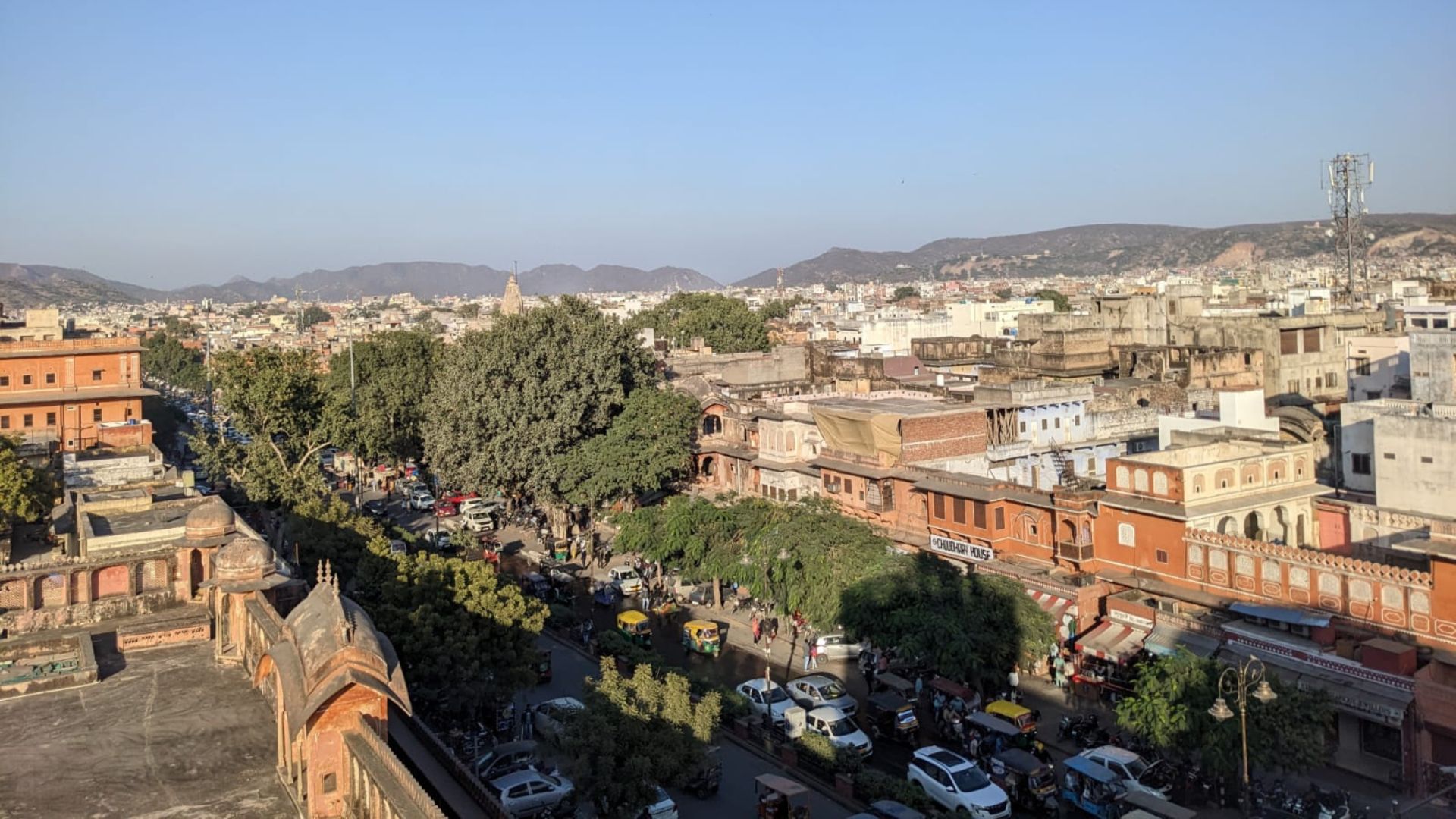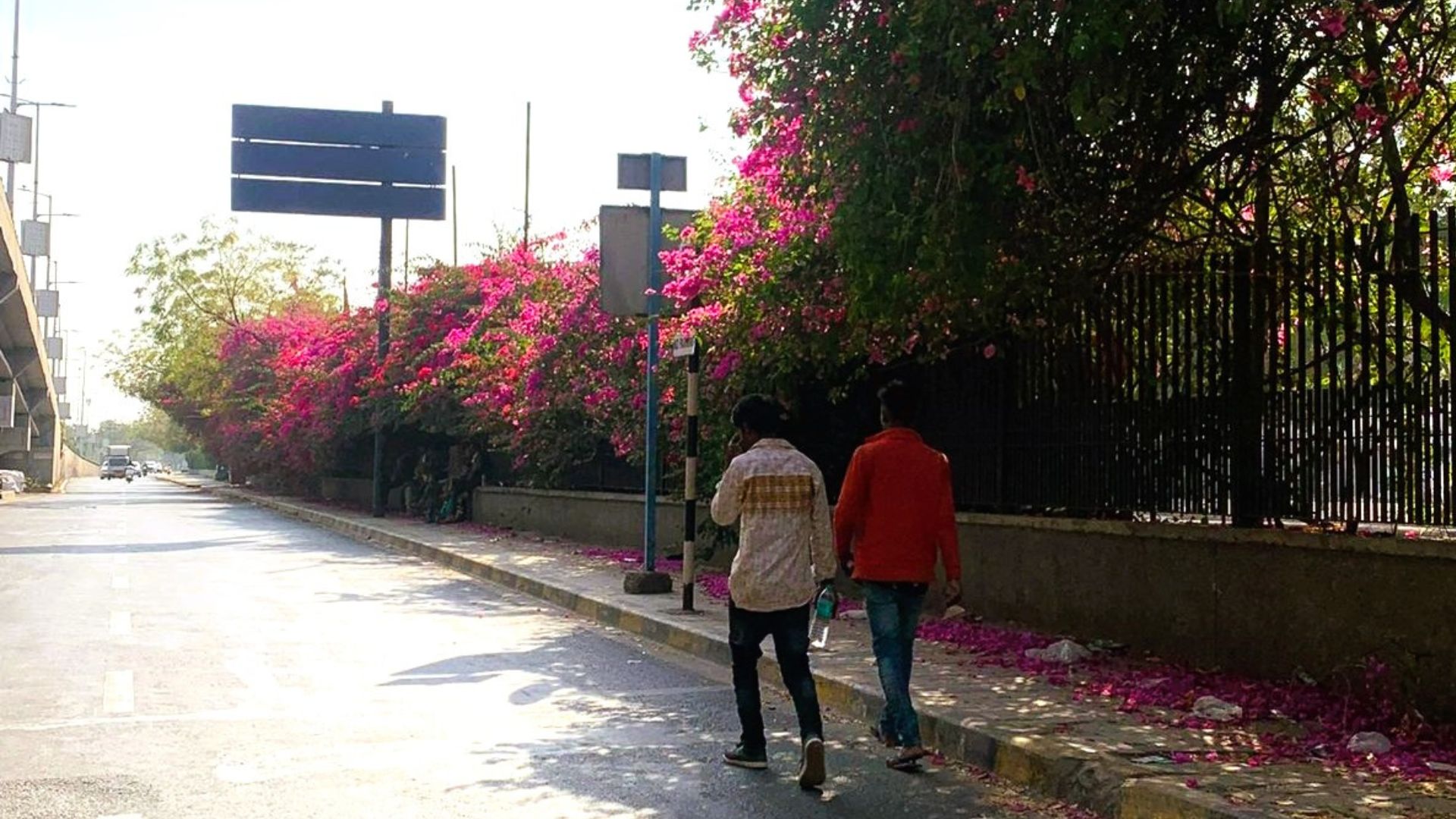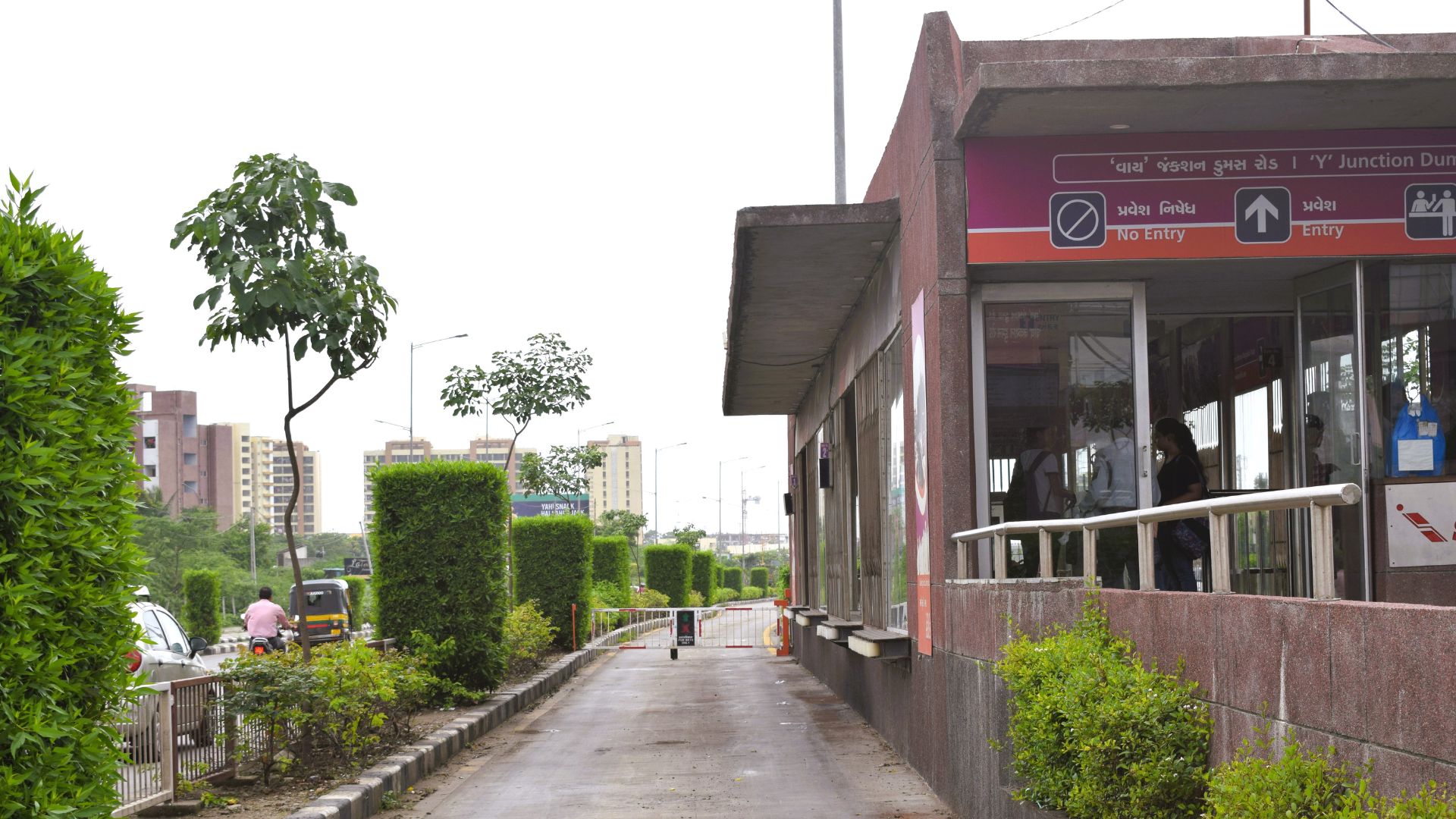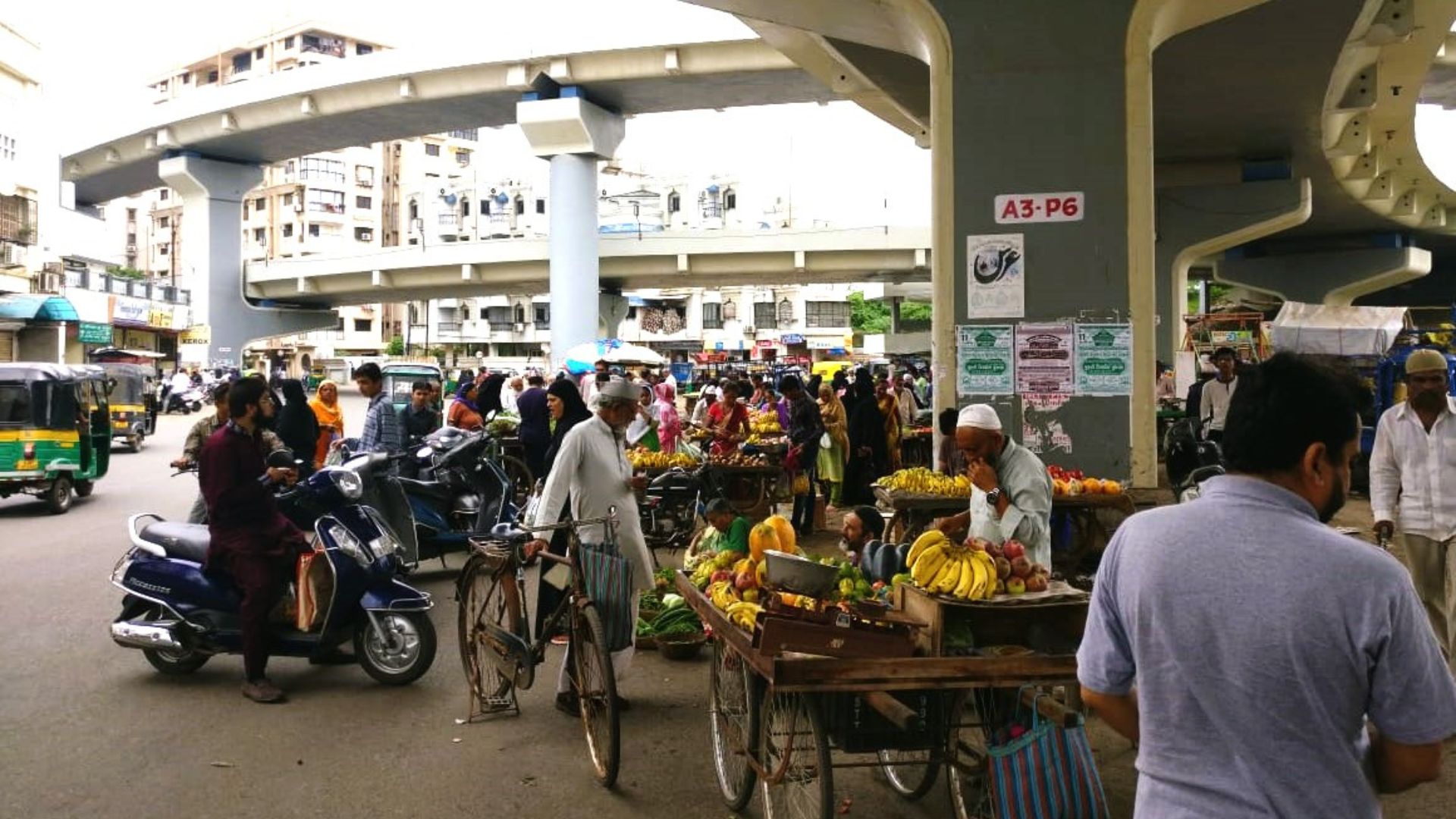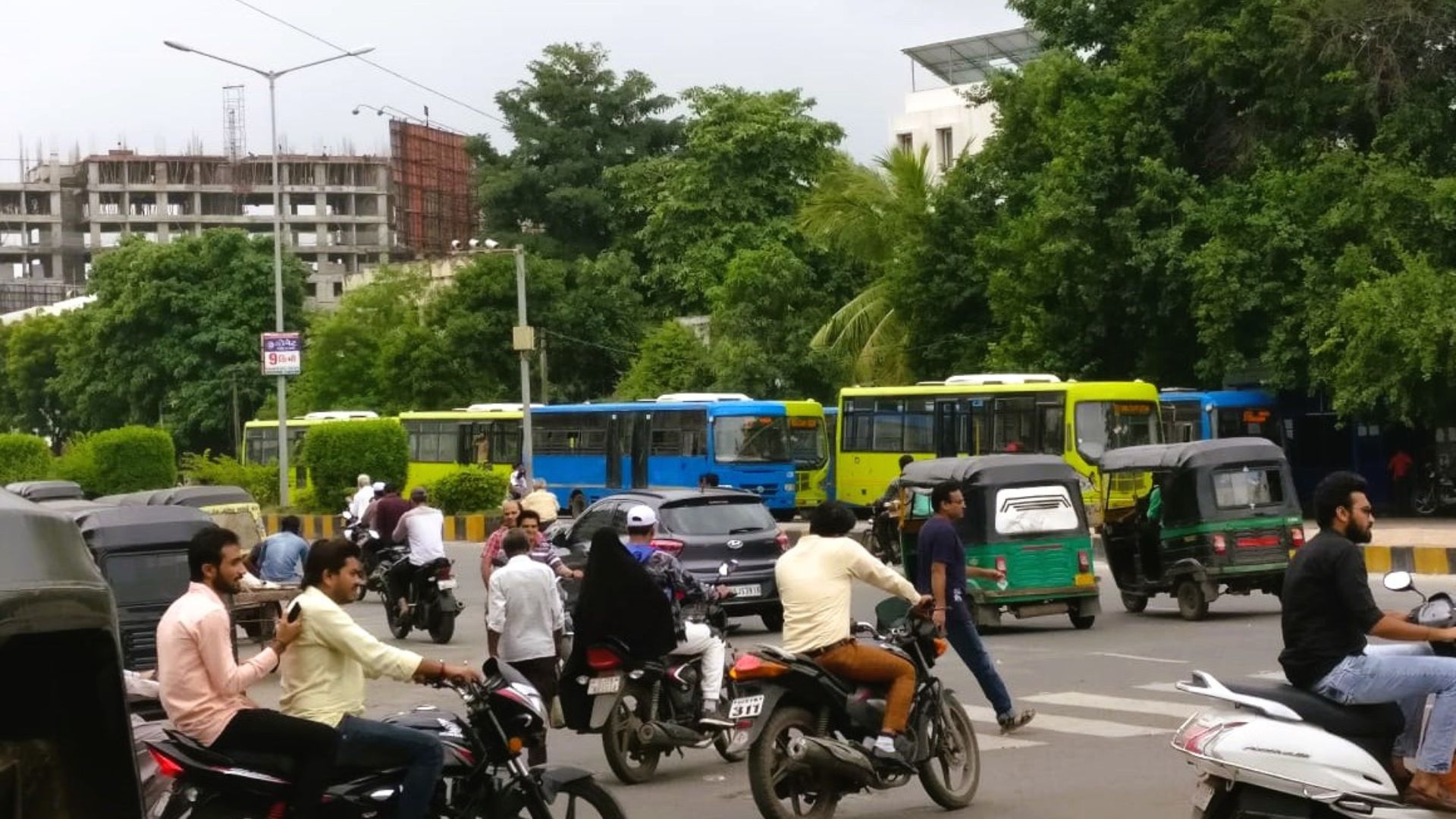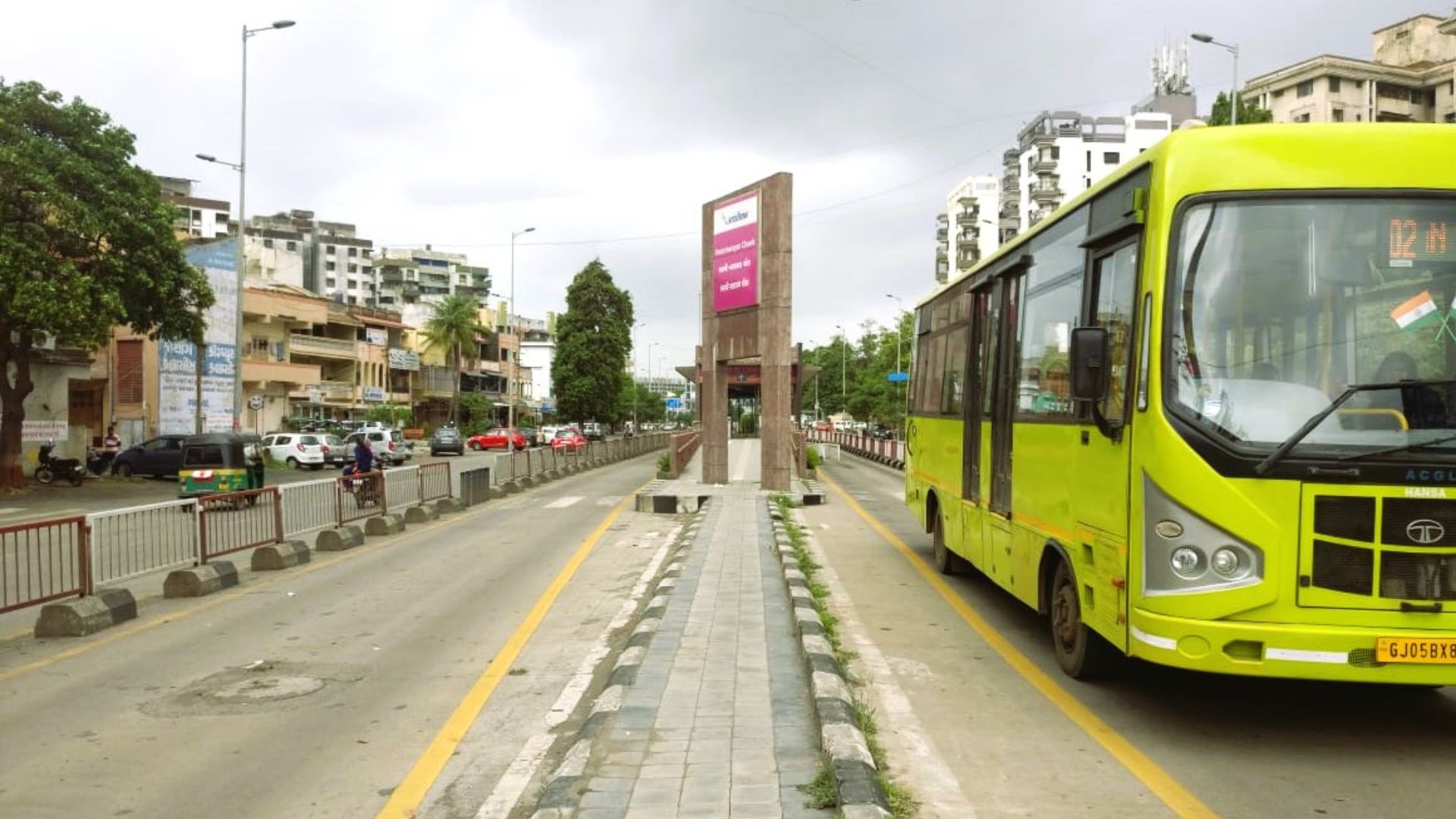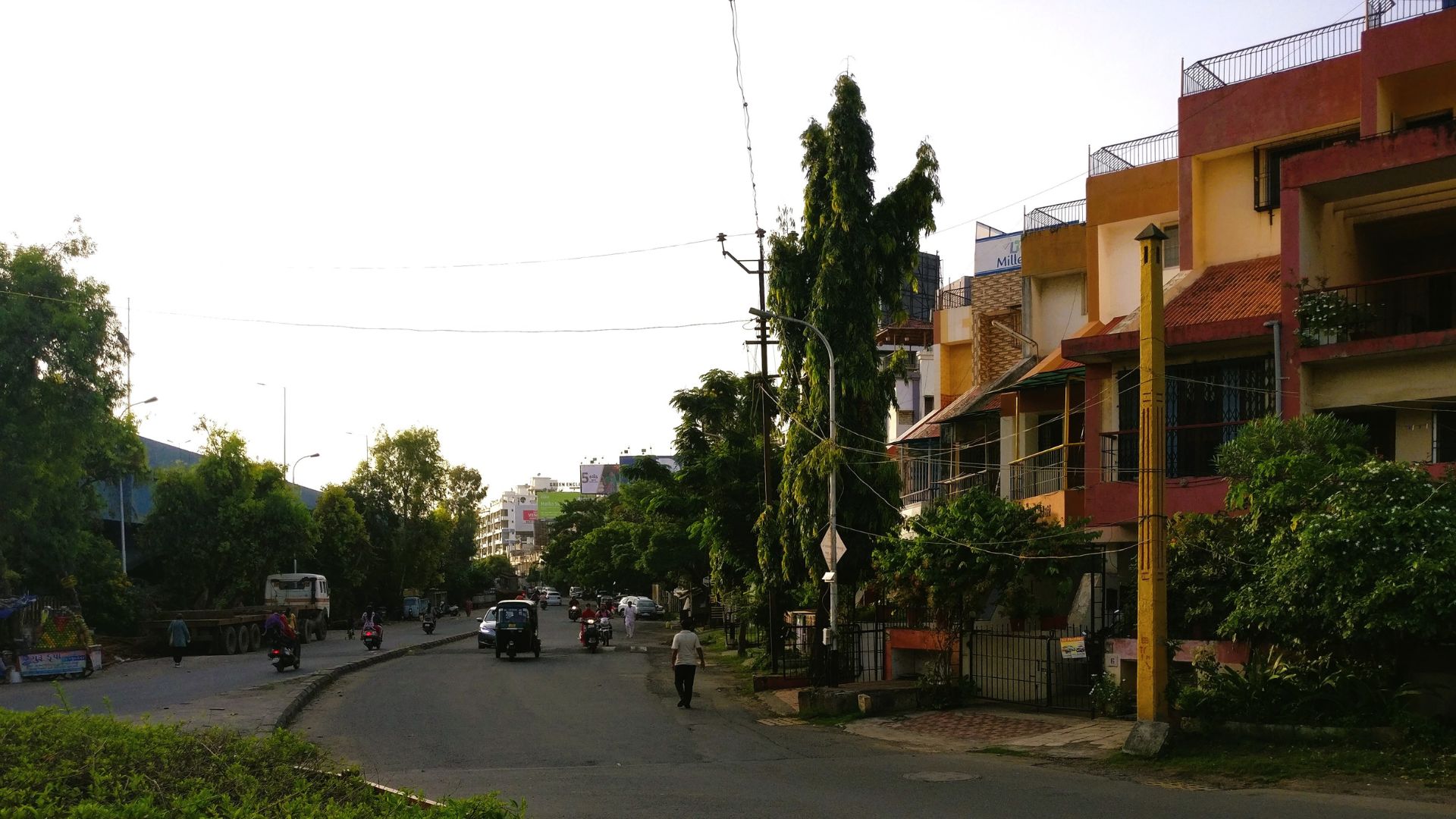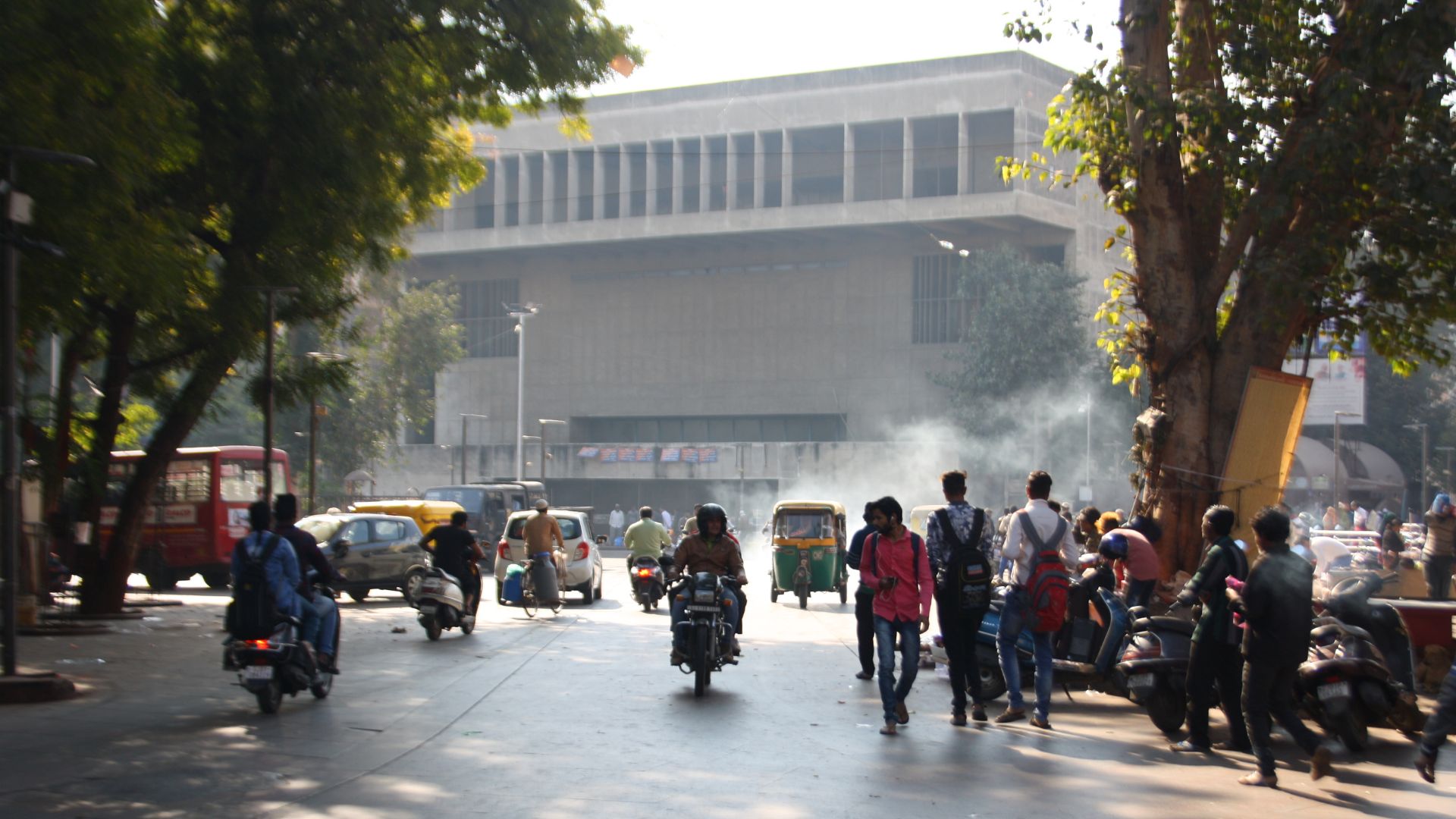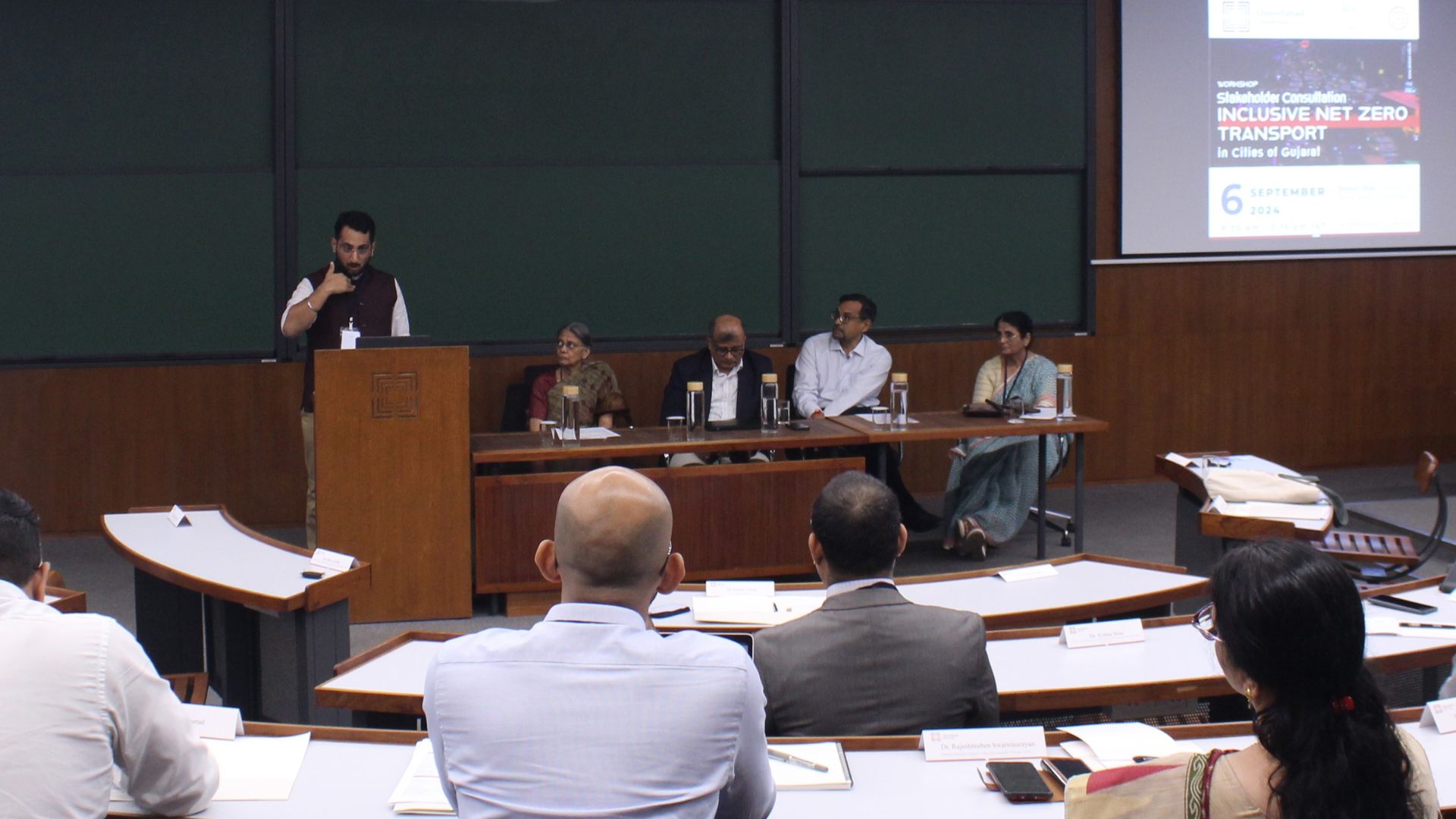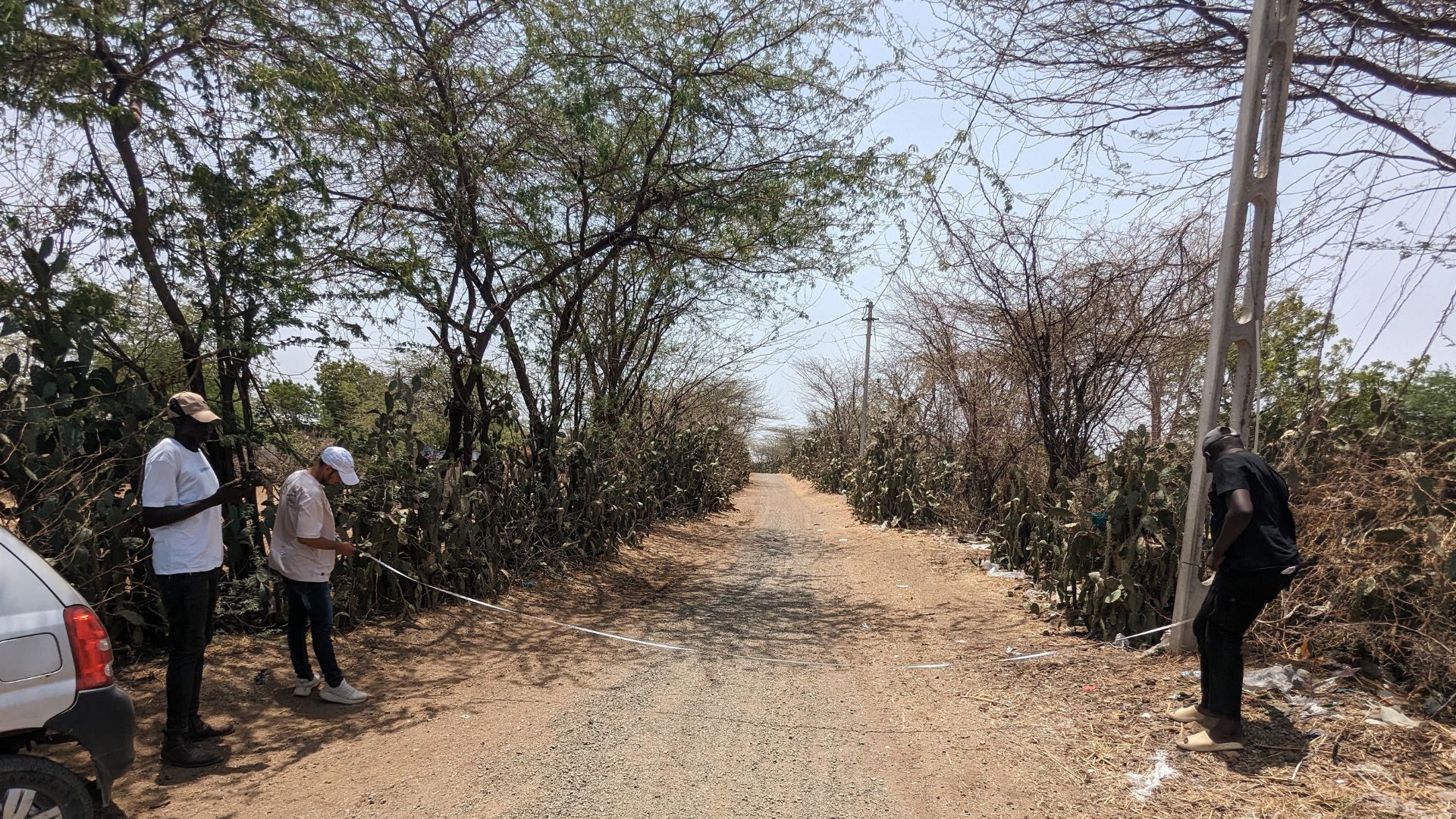
DARSHINI MAHADEVIA
Professor, School of Arts and Sciences
Darshini Mahadevia is a well-known scholar whose research focuses on equity concerns within urban policies relating to climate change adaptation, mitigation, and human and general development. She received her doctoral degree in Urban and Regional Development from Jawaharlal Nehru University. Prior to joining Ahmedabad University, she coordinated the Centre for Urban Equity and was the Dean of the Faculty of Planning at CEPT University, Ahmedabad. In particular, Professor Mahadevia’s research has focused on cities and the policies and processes of their development from an equity perspective. She argues for a bi-focal view to assess the impact of the modernist, deterministic, and top-down approach adopted in Urban Planning on the economically, socially, and politically weak segments of society and the city’s ecological resources. She is currently investigating urban data systems in the context of urban development dynamics, their sustainability, and equity. She also is a member of the High-Level Committee on Status of Women, India. Darshini has also been an Editorial Board Member of the International Development Planning Review - Journal of the University of Liverpool, Environment, and Urbanization - Asia, since 2019, and Singapore Journal of Tropical Geography since 2017. She has been an Advisory Board Member for Safetypin and WRI Ross Centre Prize for Cities since 2020. Darshini has over 120 publications as books, book chapters, and journal articles.
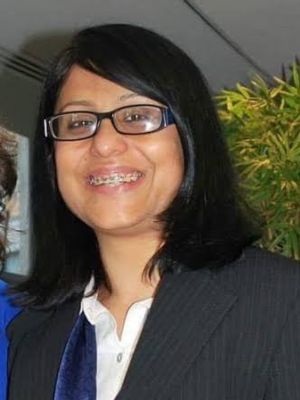
CHANDRIMA MUKHOPADHYAY
Chandrima Mukhopadhyay completed her doctorate at the School of Architecture, Planning, and Landscape, Newcastle University, UK. She has been part of the AESOP-YA (Association of European Schools of Planning - Young Academic) network from 2011 until 2021. She is currently the coordinator of the Global South and East thematic group of AESOP. Since 2022, she has joined the Regional Studies, Regional Science journal editorial board. Her teaching and research interests include the role of the private sector in infrastructure delivery and urban development, governance, megaprojects, urban transport, and urban finance. She has taught at the Faculty of Planning, CEPT University, India, and received the Outstanding Reviewer award from International Development Planning Review, Liverpool University. She has also been a visiting scholar at the MIT-UTM Malaysia Sustainable Cities Program (2017-2018). She is the Senior Research Associate at the School of Arts and Sciences, Ahmedabad University, India, for the OPTIMISM project.

SAUMYA LATHIA
Saumya is a Research Associate at the Global Centre for Environment and Energy at Ahmedabad University. Prior to her engagement at the Centre, she worked for the OPTIMISM project at Ahmedabad University for nearly three years. Along with her engagement in key research tasks at OPTIMISM, she served in an administrative, financial, and compliance-reporting capacity. With an ambition to pursue a career in equitable and sustainable development, Saumya has served as an Element Scientist & Contributing Author for The Third Assessment Report on Climate Change and Cities (ARC3.3), a Data & Research Analyst at Los Angeles Homeless Services Authority (LAHSA), a Research Associate at Sol Price Center for Social Innovation (CSI) and a Research Assistant at CEPT’s Center for Urban Equity (CUE). Her research interests lie at the urban planning and climate science intersection, especially urban resilience, equity, and informalities challenges. Saumya holds a master’s in Planning from the University of Southern California’s Sol Price School of Public Policy, specialising in Sustainable Development, and a bachelor’s degree in Planning from CEPT, Ahmedabad. She received a prestigious scholarship at USC to study comparative public policy and administration approaches in the European Union and the US. Similarly, at CEPT, she received the UKIERI scholarship to study comparative urban development and planning in the UK and India. Saumya also received the Best Gender Thesis Award in 2017 for her undergrad thesis, Gender and Public Spaces: A Case Study of Sabarmati Riverfront. Saumya is trained in the Indian classical dance form Bharatnatyam and is an avid reader of Indology, Indian mythology, and Philosophy.

KANIKA GOUNDER
Kanika is Programme Associate- Electric Mobility, with the Sustainable Cities and Transport programme at the World Resources Institute (WRI) India. At WRI, she works on sustainable mobility, electric mobility, and last-mile connectivity projects. Her work involves in-depth research writing, data analysis, and mapping. Prior to joining WRI India, Kanika worked as a Research Associate for the OPTIMISM project at Ahmedabad University. During her time at the University, she worked on the comprehensive assessment of the impact of urban transport on SDGs. She contributed to core secondary and primary data analyses, mapping, writing reports and research papers, and developing conference presentations. Preceding this, Kanika worked as an Associate Transport Planner at The Urban Catalysts, leading research projects on gender-responsive urban transportation. In addition, her internship at The Urban Lab enhanced her knowledge of designing streets and junctions. Kanika holds a master’s degree in Urban and Regional Planning specialising in Transportation Planning and a bachelor’s degree in Planning from CEPT University. Her areas of interest are electric mobility, sustainable development, public transport planning, transportation research, design, and policymaking. Her skills include high-quality mapping, data analysis, and visual communication. Kanika is passionate about music and is trained in Indian classical vocals. In her free time, she enjoys singing and playing the ukulele.
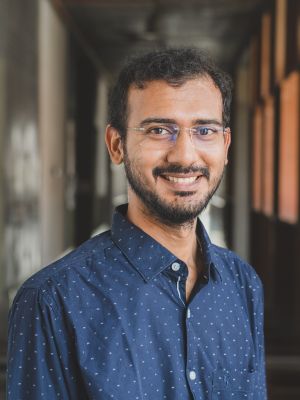
AMITKUMAR DUBEY
Amitkumar Dubey is a doctoral candidate at Ahmedabad University’s Global Centre for Environment and Energy. While Amit’s research interests include sustainable development, climate mitigation, nature- and technology-based solutions, and emission modelling, he is keenly interested in Energy Transitions, Net-Zero Emission Systems, and Carbon Capture and Storage. Before enrolling in the doctoral programme, Amit worked as a Research Associate at the OPTIMISM project. He was involved in critically assessing the data gaps in prepared outputs, systematic literature review and analysis of extreme weather events’ impacts on urban transport, systematic literature review of urban transport’s relationship with SDGs, and comparative analysis of transport planning in India’s 100 Smart Cities. A graduate of CEPT University with a Master of Technology in Environment Engineering, Amit also has over six years of experience as an independent consultant in the Construction Project Management field. For two years, Amit also served as an Assistant Professor for undergraduate courses at the Institute of Architecture, Patan, and PP Savani University, Kosamba. His strengths include project management, communication, and technical skills, aided by curiosity and willingness to learn. He prefers listening to music and engaging with plant and animal life every chance he gets.

BANDISH PATEL
Bandish Patel is a climate change and sustainability enthusiast with close to a decade of experience in managing and implementing projects related to low-carbon urban development, low-carbon mobility, building energy efficiency, clean energy transitions, and SDGs in cities across India. He has an MBA in Energy and Environment from Symbiosis Institute of International Business and works as a Manager, Urban Climate Action, at Janaagraha, where he is primarily involved in the implementation of the Clean Energy Pathways for Low-Income Settlements in India programme. His work involves researching aspects of the cleanliness of energy sources, deepening the understanding of energy choices and usage patterns amongst the low-income settlements in Odisha, climate and policy assessment of Odisha, and developing pathways for adopting clean energy among the urban poor. He was recently associated with the OPTIMISM project at Ahmedabad University, which focused on addressing SDGs through low-carbon transportation in two Indian cities. Previously, he worked as a Project Officer at ICLEI South Asia. He worked on urban climate action planning projects, developing GHG Emissions Inventories, and piloting RE & EE projects at the city level. He has worked with nearly 15 ULBs in India and diverse stakeholders, including local communities, government officials at various levels, academia, and international NGOs and funding agencies. Bandish likes to read books and play badminton, and keeps a keen interest in Ayurveda in his free time.

GINA ACHARYA
Gina is an Urban Planner and an Infrastructure Professional. She holds a degree in Bachelor of Planning and Master of Urban Infrastructure from CEPT University, Ahmedabad. She has 4 years of diverse work experience in urban planning, infrastructure, and climate domain, which included projects and research work. Currently she works as a Research Associate at School of Arts and Sciences, Ahmedabad University. Prior to this, she worked at Environmental Management Centre Pvt. Ltd., where her work focused on climate and carbon advisory, which consists of providing support in GHG inventorisation, decarbonisation, and low carbon planning.
She has also worked at ICLEI South Asia, where her focus areas were environmental sustainability, climate vulnerability & risk assessment, clean air, urban cooling, and urban governance. She has also been associated with CEPT Research and Development Foundation, where she worked on projects such as Water4Change, SPMRM (Rurban Mission) ICAP Phase 3, and Comprehensive Mobility Plan of Surat, to name a few. Her postgraduate thesis was a Directed Research Project (DRP) in collaboration with IRC WASH on Assessment of Institutional Arrangements for WASH Systems in Ahmedabad. She also had the opportunity to be part of the Urban 20 Ahmedabad Team, 2023.
Overall, she has experience in stakeholder consultation, government advisory, data collection, strategy plans, project development & implementation, and project financial feasibility. Her professional experience and academic learning has helped her to acquire a skill set for data analysis, graphical representation, technical writing, and GIS-based spatial mapping and analysis. Moving forward in her career, she wishes to work at an intersection of climate resilience, environmental sustainability and urban infrastructure.

JAYESH SOLANKI
Solanki Jayeshkumar is an Urban Planner currently working as a Research Associate at the School of Arts and Sciences, Ahmedabad University. He holds a Master’s degree in Urban Planning from the School of Planning and Architecture, Delhi, and a Bachelor’s in Planning from Nirma University. At Ahmedabad University, his work focuses on sustainable mobility, low-carbon transport planning, and data-driven approaches. Previously, he worked as a Transport Planner at Qryde by HBSS, where he contributed to optimising community transit systems through route planning, fare structuring, and demand assessment.
Earlier in his career, he gained practical experience at EcoUrbs Pvt. Ltd., where he was involved in planning assignments for the Shimla Master Plan and the YEIDA Master Plan. His contributions included land use digitization, 3D urban modeling, research for planning proposals, drafting of master plan reports, and preparing presentations for client and authority meetings. He also worked on the Unnat Bharat Abhiyan project during his undergraduate studies, preparing documentation for peri-urban villages around Ahmedabad. These roles helped him develop a strong foundation in planning tools, technical documentation, and communication.
His academic research reflects his strong interest in transport systems and environmental sustainability. His master’s thesis focused on planning strategies for Ahmedabad’s environmental resilience, while his bachelor’s thesis examined pedestrian safety at major traffic corridors in the city. He is particularly interested in contributing to interdisciplinary projects that address challenges in urban transport, environmental planning, and infrastructure development. With skills in spatial mapping, data analysis, stakeholder engagement, and report preparation, he aims to support planning processes that are inclusive, evidence-based, and future-ready.
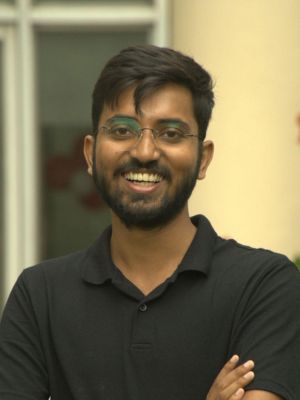
ADIL ANWAR
Adil Anwar is an Urban Planner with a keen interest in the integrating climate change adaptation, sustainable transportation, and spatial data analysis in urban planning. He holds a degree in Integrated Bachelor and Master of Planning from the School of Planning and Architecture, New Delhi. His academic and field experiences reflect a multidisciplinary approach to urban development, grounded in climate-conscious strategies, mobility planning, and data-driven analysis.
He currently works as a Research Associate at the School of Arts and Sciences, Ahmedabad University, where he is involved in research on sustainable urban mobility, low-carbon mobility strategies, and climate adaptation. His work focuses on transport emissions assessment, GIS-based spatial analysis, and planning approaches that promote resilient, inclusive cities. His academic thesis evaluated the impact of Smart City Missions on mobility-related Sustainable Development Goals, using Patna as a case study.
In his earlier roles, Adil worked with SEEDS India on climate vulnerability mapping and with AICTE’s Mission Amrit Sarovar on the rejuvenation of heritage water bodies. He has also contributed to spatial and master planning projects with Citiyano De Solutions Pvt. Ltd. and Planning Saga. Moving forward, he aims to work at the intersection of climate resilience, sustainable mobility, and spatial data science to support cities in adapting to environmental challenges.
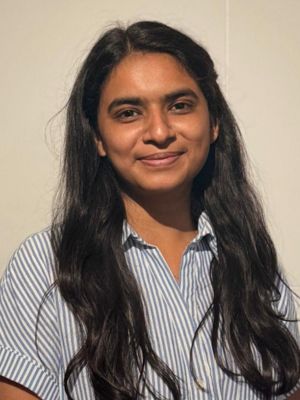
POOJA SAVE
Pooja is an urban designer passionate about creating inclusive, sustainable cities. She recently completed her master’s degree in Urban Design from CEPT University, where her academic and professional journey focused on addressing urban challenges through innovative, context-sensitive design strategies.
As a Research Intern with the UNEP Net Zero Transport Project at Ahmedabad University, she contributed to data collection, mapping, documentation, and visual presentation of research findings. Her involvement included preparing for site visits, sampling and delineating sites, conducting on-site primary data collection, and undertaking post-visit analysis.
Before her postgraduate studies, Pooja worked as an architect in Mumbai, leading and collaborating on projects across various scales. Her architectural experience equipped her with a strong foundation in design thinking, project management, and stakeholder engagement.
Growing up in a small town near Mumbai, she was captivated by the dynamic yet challenging nature of urban life. Witnessing the complexities of expanding cities firsthand sparked her drive to seek practical, people-centric solutions. Her collaborations with research organisations in Mumbai allowed her to explore urban issues at the grassroots level, focusing on communities, cultural identity, and heritage.
Pooja’s journey has shaped a design approach that combines technical proficiency with a socially conscious lens. With a keen interest in climate-resilient infrastructure and community-oriented planning, she continues to explore urban futures that are both imaginative and responsible.

BHAVYA PATODI
Bhavya is an undergraduate student majoring in Social and Political Sciences with a minor in Environment and Sustainability. He is interested in human migration, ecology, urbanisation, policy and systemic solutions to climate change — scattered yet interconnected domains of research and work. He has previously worked with the Global Centre for Environment and Energy where he looked at the climate vulnerability of construction workers in Ahmedabad city.
His academic projects have critically analysed “green growth” models of various clothing companies, examined urban environmental politics of New Delhi and Ahmedabad, worked on various mapping projects, and explored how Caste shapes various facets of Indian society. His undergraduate thesis is a critical interrogation of the practice and discourse around urban greening and ‘forest’ making in Ahmedabad, with a focus on the Miyawaki method of planting.
Bhavya is curious and always eager to learn more about socio-political structure of India, particularly the intersectional roles that religion, caste, and gender play across different realms of life. Outside academia, he loves to eat, explore diverse cuisines, and is currently obsessed with sushi.

GARIMA
I am an Urban Planner and Architect with over three years of professional experience spanning public, private, and non-profit sectors. My work is rooted in sustainable urban development, with a strong focus on transport planning, climate action, and urban governance.
Currently, I am engaged as a Short-term Expert with GFA Consulting Group, supporting the Sustainable Urban Mobility Action Plan in Surat in collaboration with GIZ. My responsibilities include coordinating with municipal agencies to implement projects related to gender-inclusive mobility, the enhancement of the public bicycle sharing system, digital ticketing pilots, and the development of a Green Mobility Plan. I also support the creation of baseline data for greenhouse gas emissions for Surat’s Climate Dashboard.
Prior to this, I served as a Research Associate at Ahmedabad University, contributing to the UNEP-supported “Inclusive Net Zero Transport” initiative in Rajkot. I was also a Teaching Associate at CEPT University, where I guided postgraduate studios on transit-oriented development and local area planning in Bengaluru and Ahmedabad.
My academic background includes a Master’s degree in Urban Planning from Sushant University and a Bachelor’s degree in Architecture from Gateway College of Architecture and Design. My research explored the financial feasibility of electric buses for public transport in Indore.
With a strong foundation in research, stakeholder coordination, and technical tools such as GIS and transport modelling, I am committed to developing inclusive, efficient, and climate-responsive urban mobility systems.













